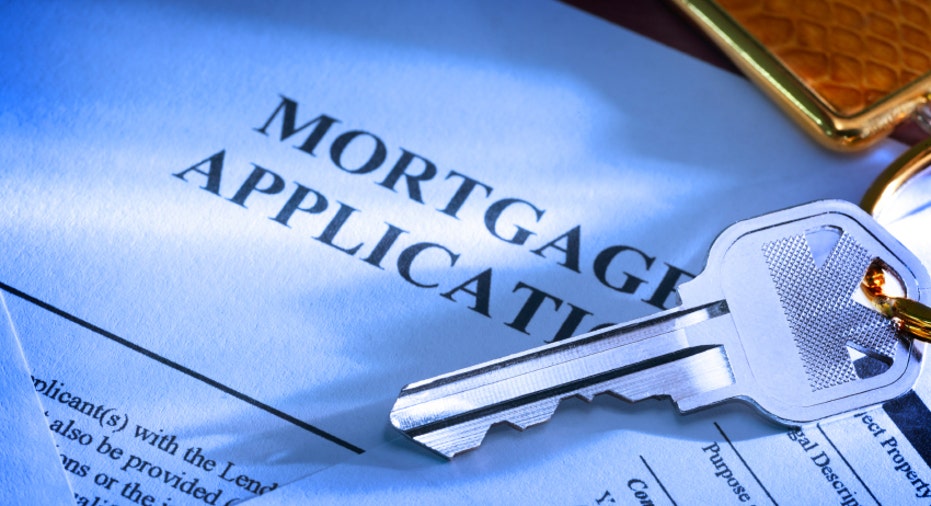Key Mortgage Terms: ARM, Closing Costs, Short Sale

Paying a mortgage is a reality that every prospective homeowner has to deal with before he or she can set up the white picket fence. Here are some key terms to help you understand different financing and foreclosure options, as well as what fees you will face before you close on your house.
Adjustable-rate mortgage (ARM). An adjustable-rate mortgage is a real estate purchasing loan with interest that changes periodically. The initial interest rate is lower than that of a fixed-rate mortgage, but rates generally increase over time. ARMs are beneficial when interest rates are expected to drop. Also, you might use an adjustable-rate mortgage if you plan on paying off your mortgage quickly. Make sure your income can withstand an increase to your mortgage payment so you aren’t blind-sided if interest rates jump.
The interest rate for an adjustable-rate mortgage contains two parts: an index, which is used as an interest rate benchmark, and a margin, which is what the lender adds to that rate. According to the Federal Reserve, the initial rate and payment amount on an ARM are effective for a limited amount of time and then the rate can change monthly, quarterly, yearly, and every three or five years.
Closing costs. Closing costs are the additional expenses necessary to complete a real estate transaction. Thanks to the Real Estate Settlement Procedures Act (RESPA), your mortgage lender must give you what is called a “good faith estimate” of all your closing costs within three business days of the submission of your loan application.
Closing costs can be classified as recurring and nonrecurring. Recurring costs are paid at closing and continue on a monthly basis. These include real estate taxes and homeowners insurance. There are also many nonrecurring costs that pop up during the closing. These may include an application fee as well as a collection of loan fees for things like credit reports, tax services and document preparation. Your lender may require a home inspection and a home appraisal. If you used a broker, you will have to pay his or her service fee. A HUD-1 form includes a breakdown of all your closing costs, and you can see it 24 hours in advance of your closing, so it is a good idea to compare your good faith estimate with the actual total.
Short sale. A short sale is when lenders allow homeowners to sell their houses for less than the total amount that they owe on their mortgage. In return, the lenders accept the proceeds from the sale. The exact terms depend on the lender, and lenders sometimes forgive the difference. It is in the lender’s interest to approval a short sale because it allows lenders to avoid the unpleasant foreclosure process.
A short sale in itself is a risky and tricky process. You won’t be able to completely walk away from your mortgage. You may still owe taxes on the difference even if your lender lets it slide. One perk of short sales is that they don’t damage your credit report as much as foreclosures. Short sales typically have shorter timelines, which means your credit has the chance to improve quicker.



















